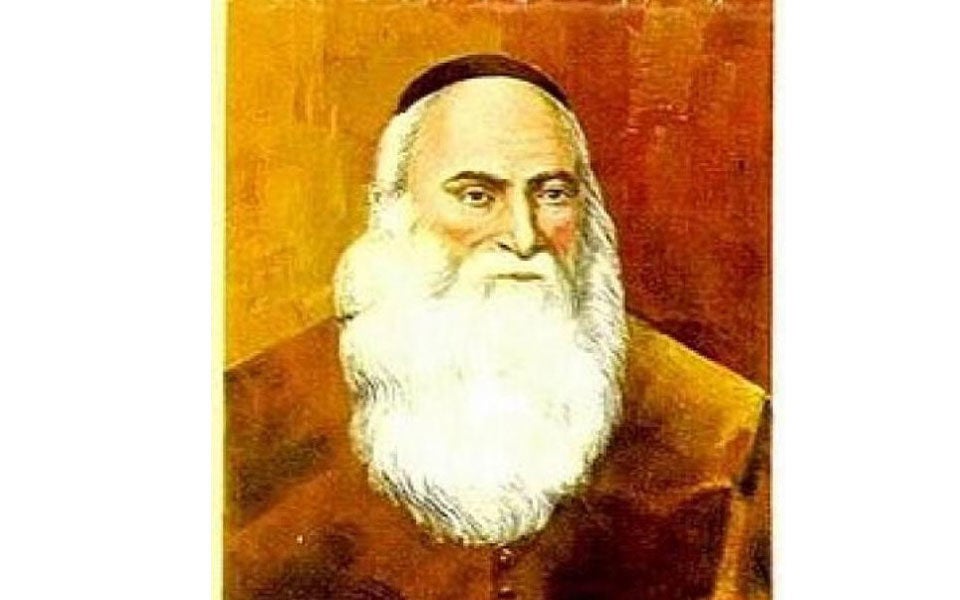
Being a court Jew in 15th-century Iberia was a constant negotiation between prestige and death: If you were Isaac Abravanel, adviser to Portuguese King Alfonso and later the House of Castile, you might find yourself supplying the Spanish army one day and pleading against your people’s banishment the next. Such was the strange, conflicted position of Jewish royal bankers and advisers.
Abravanel came from a wealthy, learned family, and was a bit of a prodigy: By age twenty, he had written The Forms of The Elements, a work of Jewish philosophy. His intellect and skill with finance attracted Alfonso — under the king, Abravanel freed Moroccan Jews set to be sold into slavery. When Alfonso died and Abravanel took a post in Queen Isabella’s court, he continued to excel, but tensions rose as the possibility of Jewish expulsion loomed. Abravanel personally offered the Spanish monarchy huge sums of money to reverse the Alhambra decree, but was refused.
Along with 200,000 others, Abravanel fled Spain in 1492, just as his ancestors had a hundred years before. But if that trauma would have turned others away from royal service, Abravanel didn’t give up so easily. In Naples, he again became a tax collector: this time for a much nicer King Ferdinand.
JTA has documented Jewish history in real-time for over a century. Keep our journalism strong by joining us in supporting independent, award-winning reporting.





